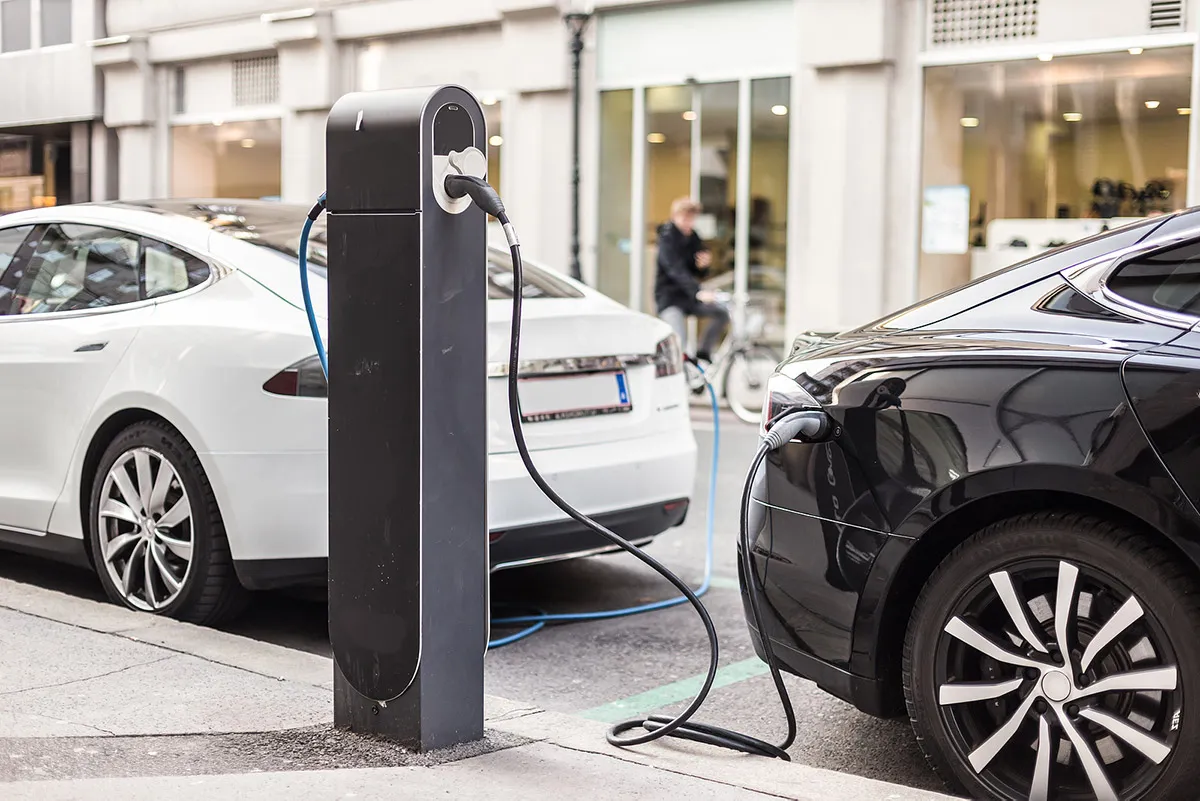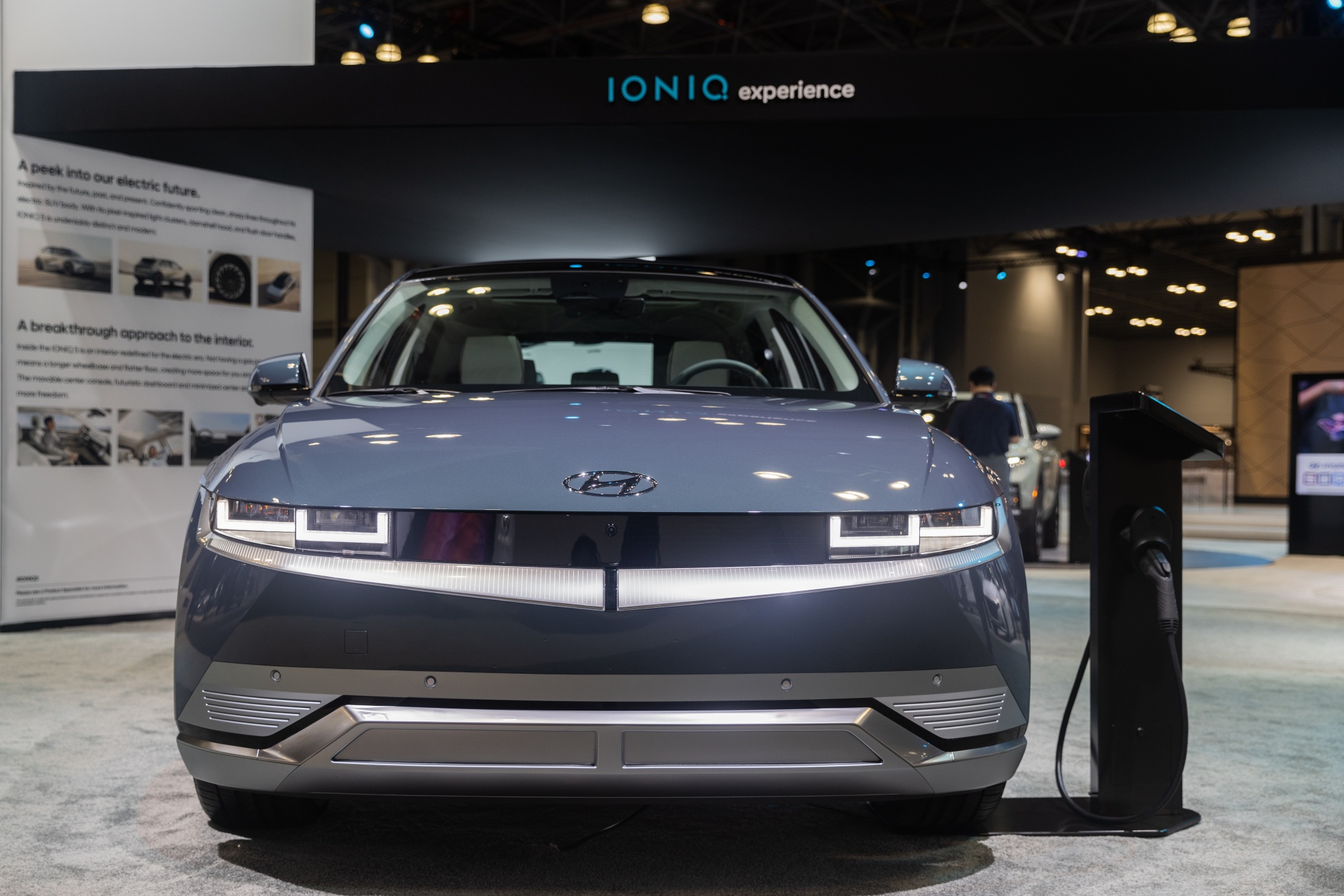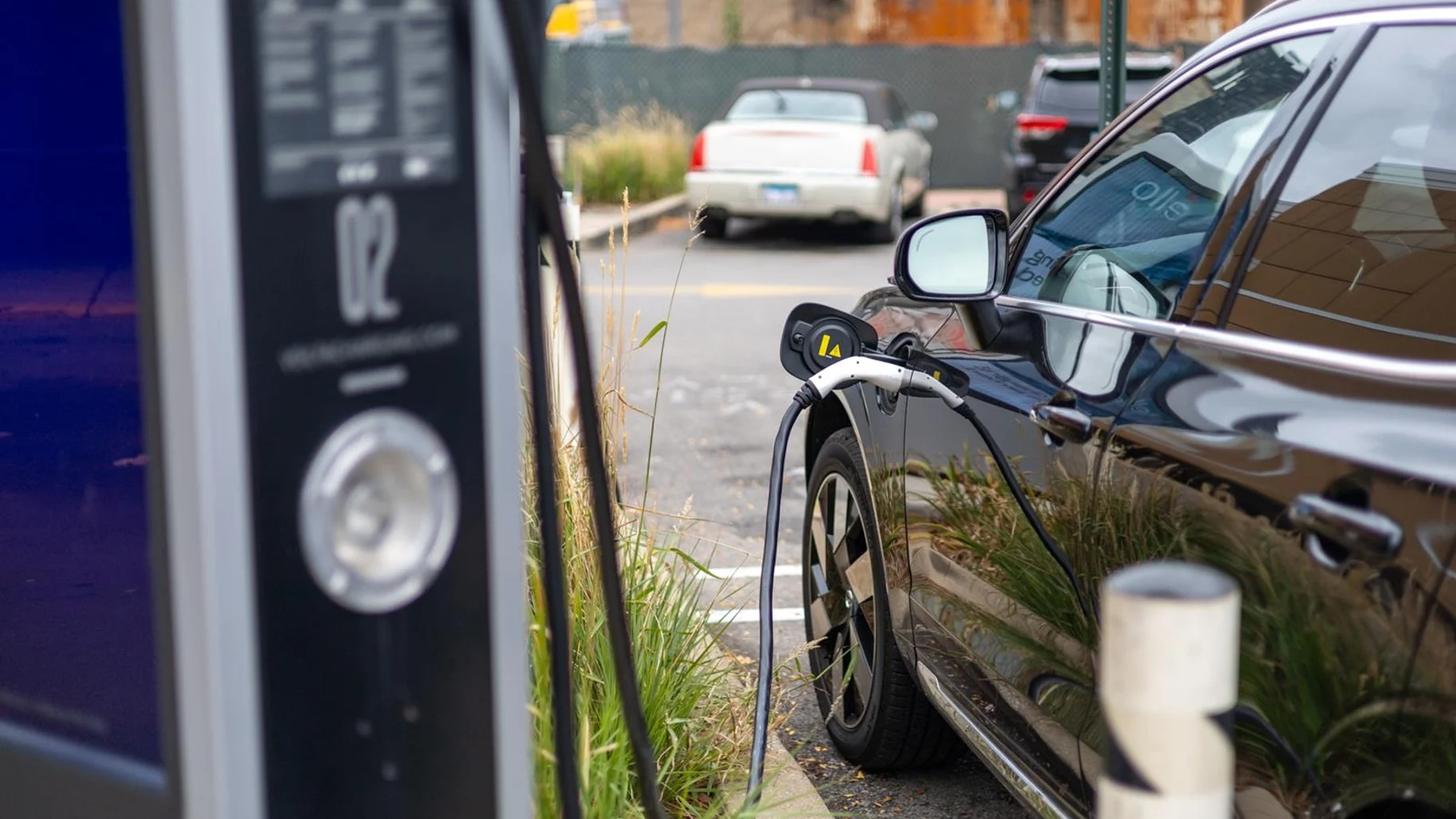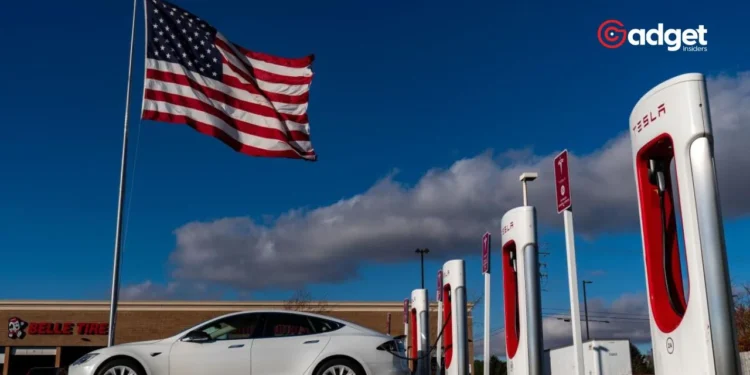In a move that is stirring debate across the political and environmental spectrum, Senate Republicans have introduced a bill that would end the federal tax credits for electric vehicles (EVs) and charging stations. The bill, known as the Eliminating Lavish Incentives to Electric (ELITE) Vehicles Act, was announced by U.S. Senator John Barrasso of Wyoming and is supported by a cohort of Republican senators.

EV: The ELITE Vehicles Act Unpacked
Senator Barrasso’s legislation targets what he and his colleagues see as excessive government spending on incentives for electric vehicles, particularly those benefiting wealthier individuals and corporations.
The act aims to repeal the $7,500 tax credit for new electric vehicles, eliminate the tax credit for purchasing used EVs, and do away with the federal investment tax credit for electric vehicle charging stations. It also seeks to close a leasing loophole that has allowed some users, including foreign entities, to bypass restrictions on EV incentives.

Senator Shelley Moore Capito of West Virginia, a co-sponsor of the bill, voiced strong support for the legislation, stating, “There is no reason that U.S. taxpayers should be bankrolling luxury electric vehicle purchases for wealthy individuals or foreign entities.”
She emphasized that the bill would dismantle loopholes that are “artificially supporting the electric vehicle industry” at the expense of American taxpayers and would curtail what she views as misguided policies from the Biden administration.
Opposition and Concerns
Critics of the ELITE Vehicles Act, including some environmental groups and proponents of electric vehicles, argue that cutting these tax credits could slow the adoption of EVs, undermining efforts to combat climate change by reducing dependence on fossil fuels.
These credits are seen as crucial in making electric vehicles affordable to a broader segment of the American public and encouraging the necessary shift towards greener technology.
Bill introduced to stop electric vehicle tax credits https://t.co/ULpGWn3UjS
— Oregon Electric Vehicle Association (oeva.org) (@OEVAorg) May 6, 2024
Congressional Reactions and Broader Implications
The bill has sparked a variety of responses from other members of Congress. U.S. Rep. Carol Miller of West Virginia criticized the Biden Administration’s final rule on electric vehicle tax credit guidelines, accusing it of benefiting the Chinese Communist Party at the expense of American manufacturers.
She advocates for her bill, the End Chinese Dominance of Electric Vehicles in America Act of 2024, which aims to tighten definitions and close key loopholes that currently allow Chinese companies to benefit from U.S. tax dollars.
Meanwhile, U.S. Senator Joe Manchin, a Democrat from West Virginia, has also expressed dissatisfaction with the administration’s approach to EV tax credits, particularly concerning the sourcing of critical minerals and components for EV batteries.
He accused the Treasury of not adhering to the legal thresholds set for domestic sourcing, thus favoring a rapid market saturation over compliance with established standards.

Looking Ahead
As the debate continues, the future of electric vehicle tax credits hangs in the balance. The outcome of this legislative push will likely have significant ramifications not only for the electric vehicle market in the United States but also for broader environmental policies and the country’s approach to climate change.
With strong opinions on both sides, the passage of the ELITE Vehicles Act could mark a pivotal moment in America’s energy and environmental strategy.










